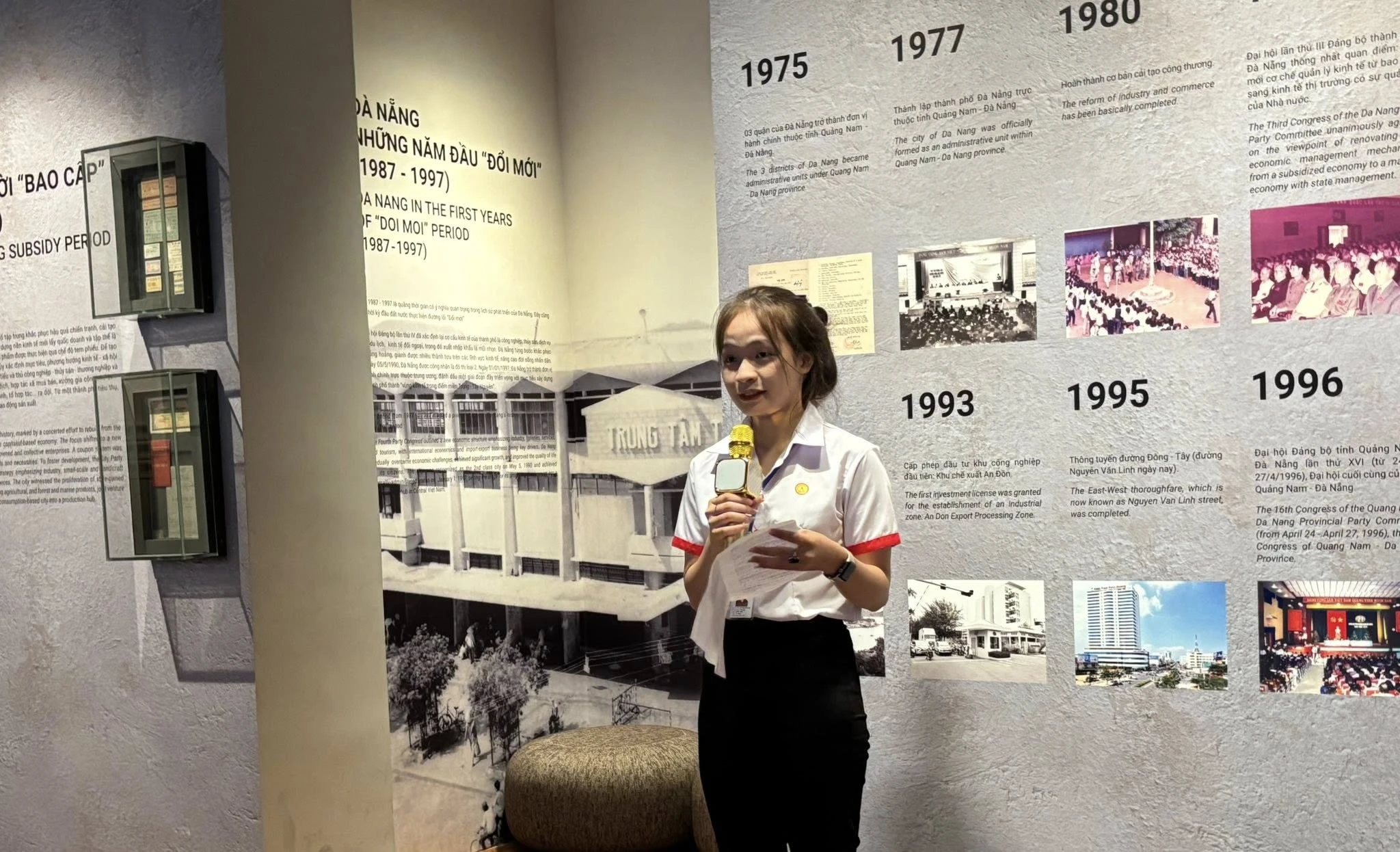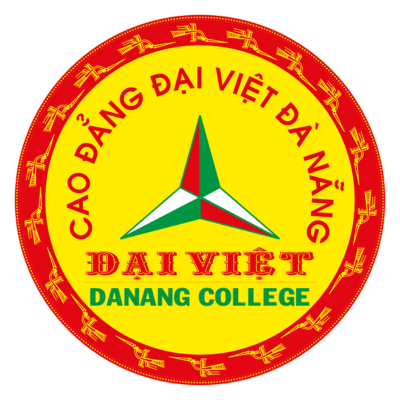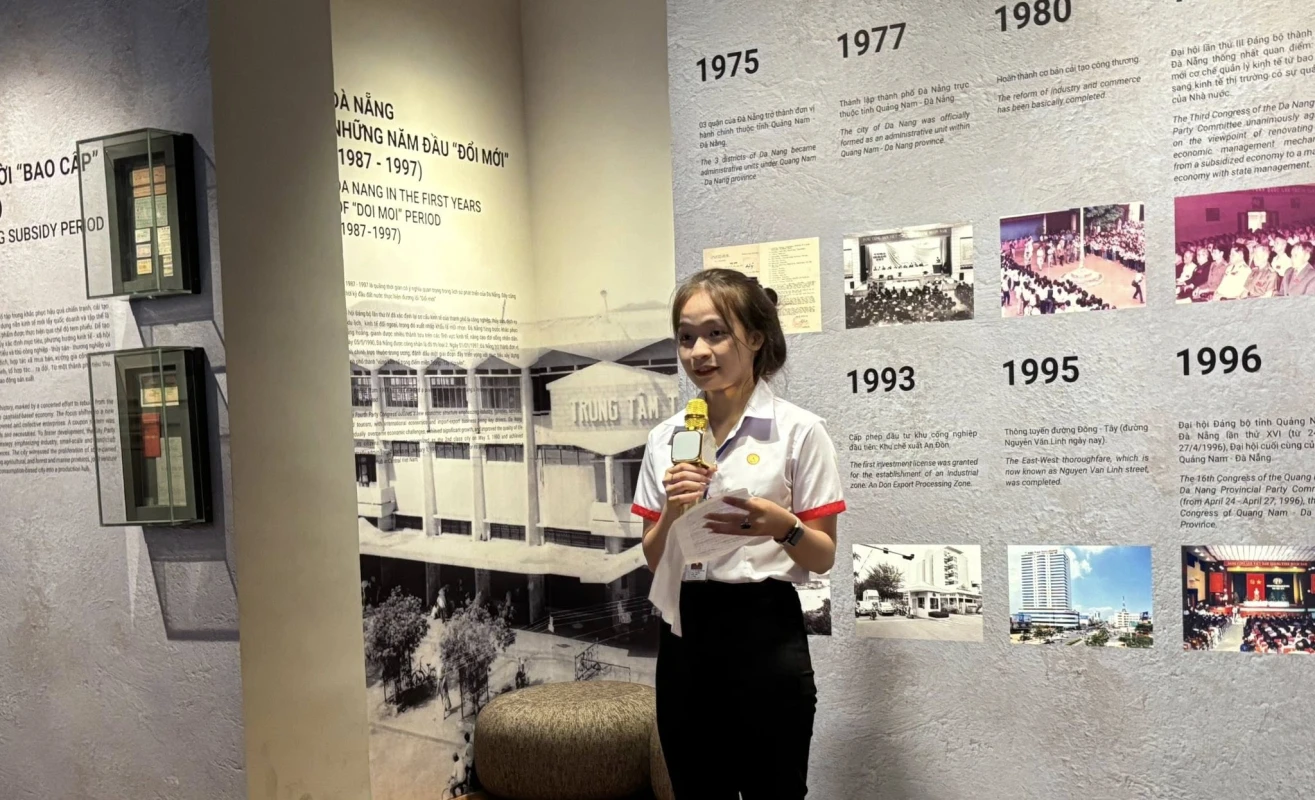The translation and interpretation industry is a field specializing in language translation, including both written translation (translation) and oral translation (interpretation). Professionals in this field are responsible for converting information, texts, and speech from one language to another, ensuring accurate and complete conveyance of the original content and meaning.

1. Interpreter
An interpreter is someone who translates spoken language—they convert speech from one language to another instantly or nearly simultaneously, in real time.
Interpreters translate orally and typically work in meetings, conferences, courts, hospitals, or international events. Interpretation may be simultaneous or consecutive. Interpreters must have quick language reflexes, strong communication skills, clear pronunciation, and a good understanding of cultural and conversational context.
Interpreters can work for international organizations, conferences, courtrooms, multinational companies, and diplomatic services.
2. Translator
A translator is someone who translates written texts—they convert documents from the source language to the target language accurately, clearly, and coherently.
Translators work with written materials such as books, contracts, technical documents, websites, articles, etc. They have time to research vocabulary and specialized terminology and primarily work on computers. Translators need strong writing skills, in-depth knowledge of grammar and vocabulary, attention to detail, and proficiency in translation tools.
Translators may work for publishing houses, translation agencies, newsrooms, government agencies, or as freelancers.
Translation and interpretation are increasingly in demand in countries expanding their international cooperation. Students can pursue this field through foreign language programs at Dai Viet Da Nang College in the following majors:
Chinese Language
Korean Language
English Language

